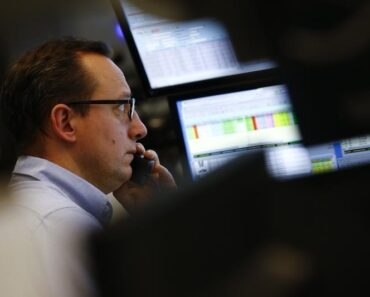This post was originally published on this site

LONDON (Reuters) -Hewlett-Packard won the majority of its civil case against British tech tycoon Mike Lynch over its acquisition of Autonomy in 2011, a London judge said on Friday, though damages will be considerably less than the $5 billion claimed.
The court’s decision comes after almost a decade of bitter wrangling over who was to blame for the failure of Hewlett-Packard’s $11 billion acquisition of Lynch’s Autonomy.
HP (NYSE:HPQ) sued Lynch, arguing that he had fraudulently inflated the value of Autonomy before he sold it to the U.S. tech giant.
High Court Justice Robert Hildyard’s findings come on the same day as Britain decides whether or not to extradite Lynch to the United States.
A year after acquiring Autonomy, HP threw out the architect of the deal which was supposed to help transform the computer and printer maker, one of Silicon Valley’s original companies, into a more profitable group centred on business software and services.
It wrote down the value of Autonomy by $8.8 billion and sought damages of around $5 billion from Lynch and his colleague Sushovan Hussain, alleging they inflated the value of Autonomy before selling it. Hussain was convicted in the United States in 2019.
Lynch has denied all the allegations and said the failure of the acquisition was due to HP’s mismanagement. Autonomy was capable of searching and organising unstructured information, such as telephone conversations.
Lynch is also due to hear on Friday whether Britain’s interior minister Priti Patel has approved an extradition request to the United States where he faces criminal charges including wire fraud and securities fraud.
A court has given Patel until midnight on Friday to make a decision, although Lynch could appeal any ruling that goes against him. The U.S. charges carry a maximum term of 20 years imprisonment.
Lynch is one of Britain’s leading tech bosses.
The 56-year-old’s doctoral thesis remains one of the most consulted at Cambridge University and his success, including the around $800 million he made from his stake in Autonomy, elevated his position in Britain, giving him a place on government advisory boards.
Lynch was also central to the creation of DarkTrace, a cyber security firm that listed on the stock market last year. Lynch and his wife Angela Bacares own nearly 16% of DarkTrace, according to Refinitiv data.




